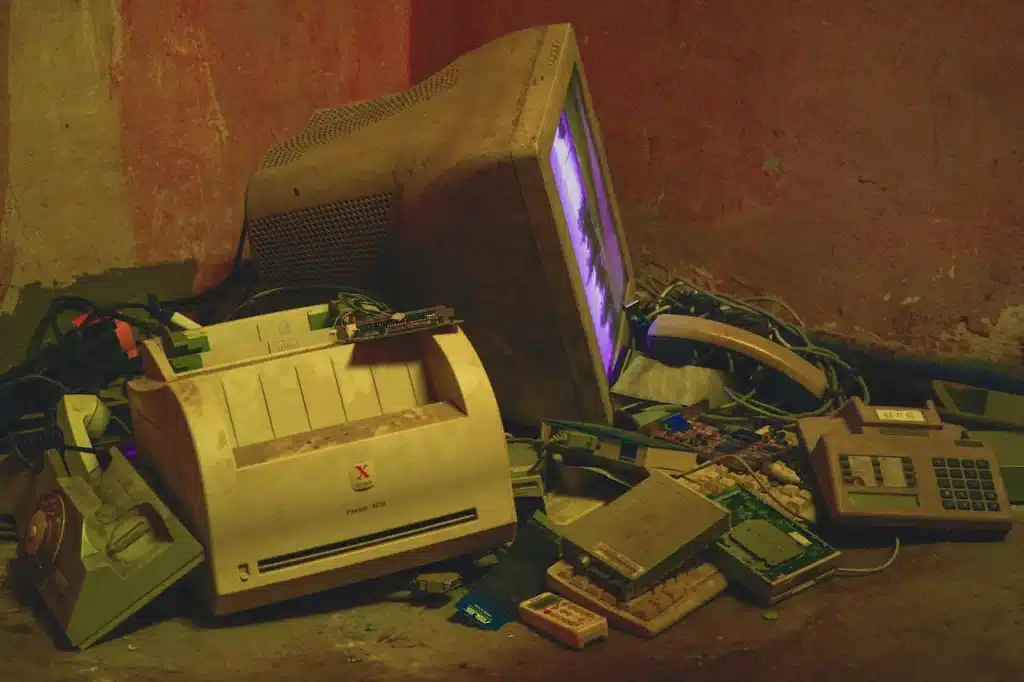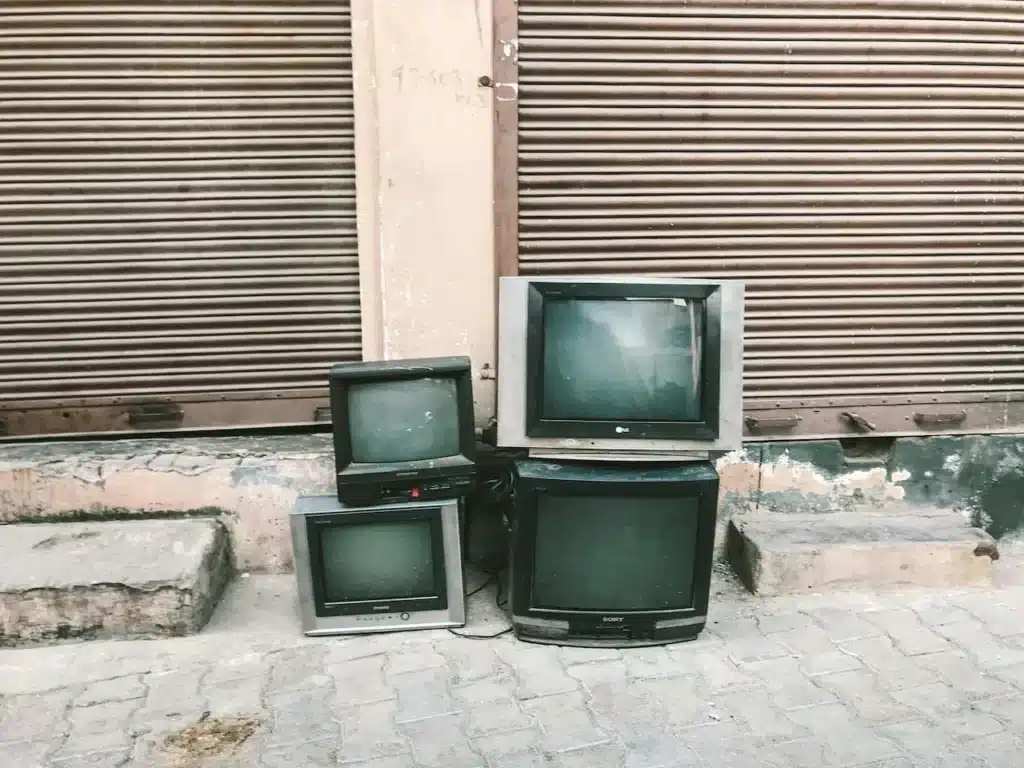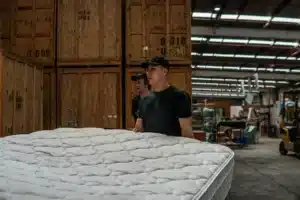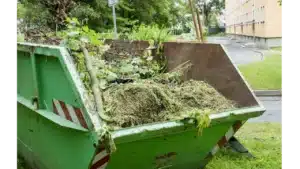Electronic devices make life easier. But when they stop working or become outdated, where do they go? Tossing them in regular bins isn’t a smart move. Electronic waste or e-waste contains materials that can harm nature, yet many parts can be recycled or reused. Learning how to dispose of electronics properly helps keep the environment clean while ensuring old gadgets serve a new purpose.

How Dangerous Is E-Waste?
E-waste is one of the fastest-growing waste streams worldwide. Millions of televisions, computers, and mobile phones get thrown away yearly, filling landfills with harmful materials. Inside these gadgets are toxic substances like lead, mercury, and cadmium. When dumped incorrectly, these chemicals leak into soil and waterways, creating health risks for people and wildlife.
Electronics also contain valuable metals—gold, silver, and copper—that can be extracted and reused. Without proper disposal, these resources go to waste. Recycling old devices cuts down on pollution and helps recover materials that would otherwise need mining.
Why Dispose of Old Electronics Properly?
Throwing an old computer or television in the bin might seem like an easy fix. But once electronic waste reaches landfills, harmful substances seep into the ground. This pollution can lead to serious environmental damage.
Proper disposal also supports sustainability. Many gadgets contain reusable components. Recycling prevents these materials from being wasted and reduces the need for new raw materials. Plus, some electronics have batteries that pose fire risks if not handled correctly. Safe disposal ensures these dangers are avoided.
Where to Recycle or Dispose of Old Electronics
Many options exist for getting rid of electronic devices responsibly. Some councils offer e-waste collection programs, while businesses and non-profits run drop-off points. In 2011, Australia introduced the National Television and Computer Recycling Scheme (NTCRS), allowing people to recycle e-waste at no cost.
Local Council Collection: Some councils provide scheduled pick-ups or designated drop-off sites for electronic waste. Checking council websites helps find local services.
Retailer Take-Back Programs: Big electronic stores sometimes accept old devices for recycling. Some even offer discounts on new purchases in exchange for old gadgets.
E-Waste Recycling Centres: Special facilities exist for processing electronic waste safely. They extract valuable materials and dispose of harmful parts properly. JUNK has its recycling facility that does the recycling operation. This ensures this type of waste is not harming the environment but is being recycled or repurposed.
Charity Donations: If an old device still works, donating it to a school or charity gives it a second life. Many organisations refurbish old gadgets for people in need.
How to Recycle or Repurpose Old Electronics?
Recycling isn’t the only way to deal with old devices. Some electronics can be repurposed instead of being thrown away.
- Sell or Trade: If the gadget still functions, selling or trading it online keeps it in use. Many people buy second-hand electronics for parts or repairs.
- Repair Instead of Replace: A minor fix might bring an old device back to life. Repair shops or online tutorials help troubleshoot common issues.
- Use for Spare Parts: Old computers and televisions contain parts that can be used for repairs. Hard drives, circuit boards, and screens might still be useful.
- Upcycle Into Something New: Creative minds turn old tech into art, furniture, or home projects. A broken computer case can become a funky storage box.
Tips for Safe Disposal
Not all electronics can go straight into a recycling bin. Some need special handling to avoid environmental harm. Before disposing of old gadgets, follow these simple steps:
- Erase Personal Data: Before handing over a phone, laptop, or hard drive, remove personal files. Factory resets and data-wiping software ensure privacy.
- Remove Batteries: Some electronics have separate battery compartments. Rechargeable batteries require special disposal, as they can catch fire if damaged.
- Check Disposal Rules: Regulations vary by location. Checking with local councils or recycling centres ensures devices are handled correctly.
- Separate Accessories: Cords, chargers, and headphones often have different recycling processes. Sorting them before disposal helps streamline the process.
JUNK Takes E-Waste Off Your Hands
Dealing with old electronics can be a hassle. That’s where JUNK steps in. Our rubbish removal service makes e-waste disposal easy. Whether it’s a pile of old computers or a single television, we handle collection, transport, and proper recycling.
Our team ensures electronic waste gets disposed of safely. No need to worry about harmful materials ending up in landfills. JUNK takes care of the hard work, giving you a stress-free way to clear out old tech responsibly.
Need help with e-waste recycling? Contact JUNK for a hassle-free pickup.




